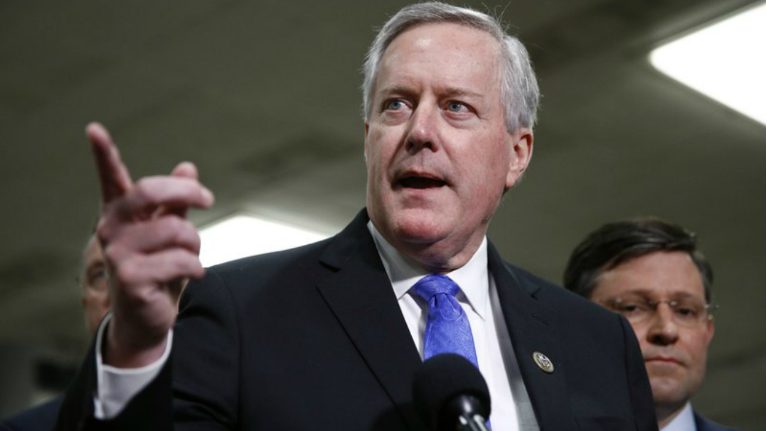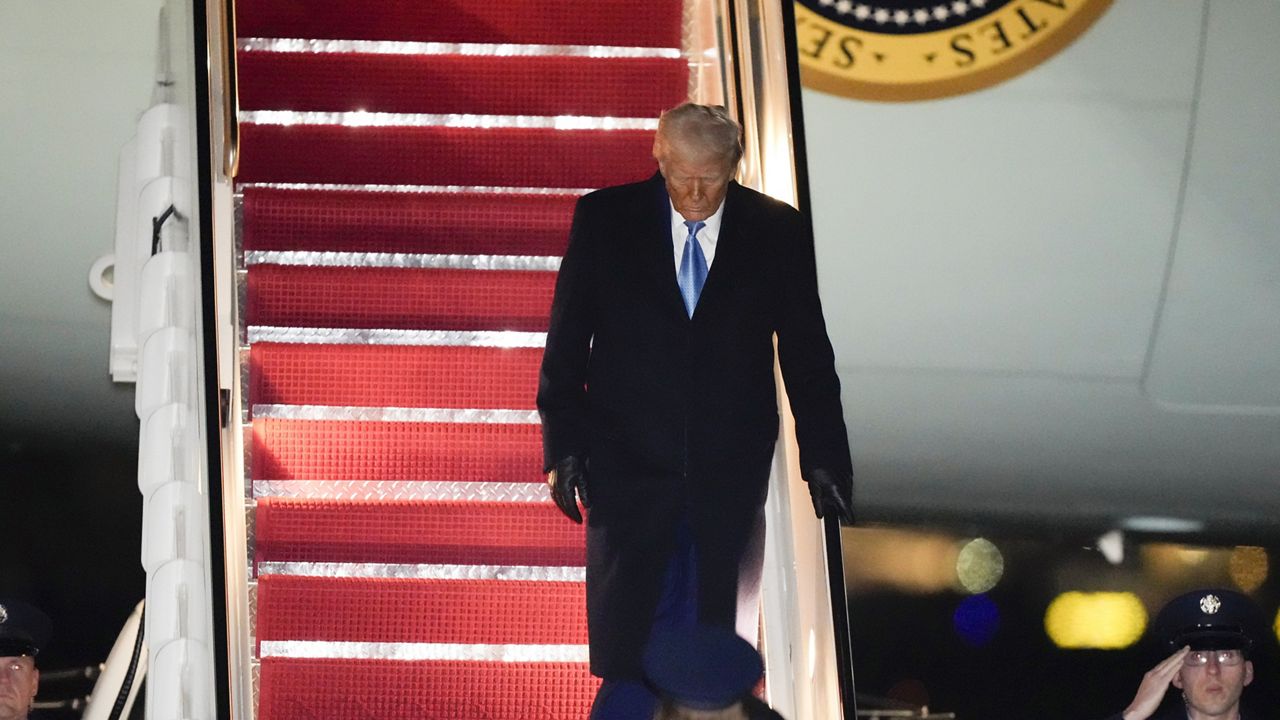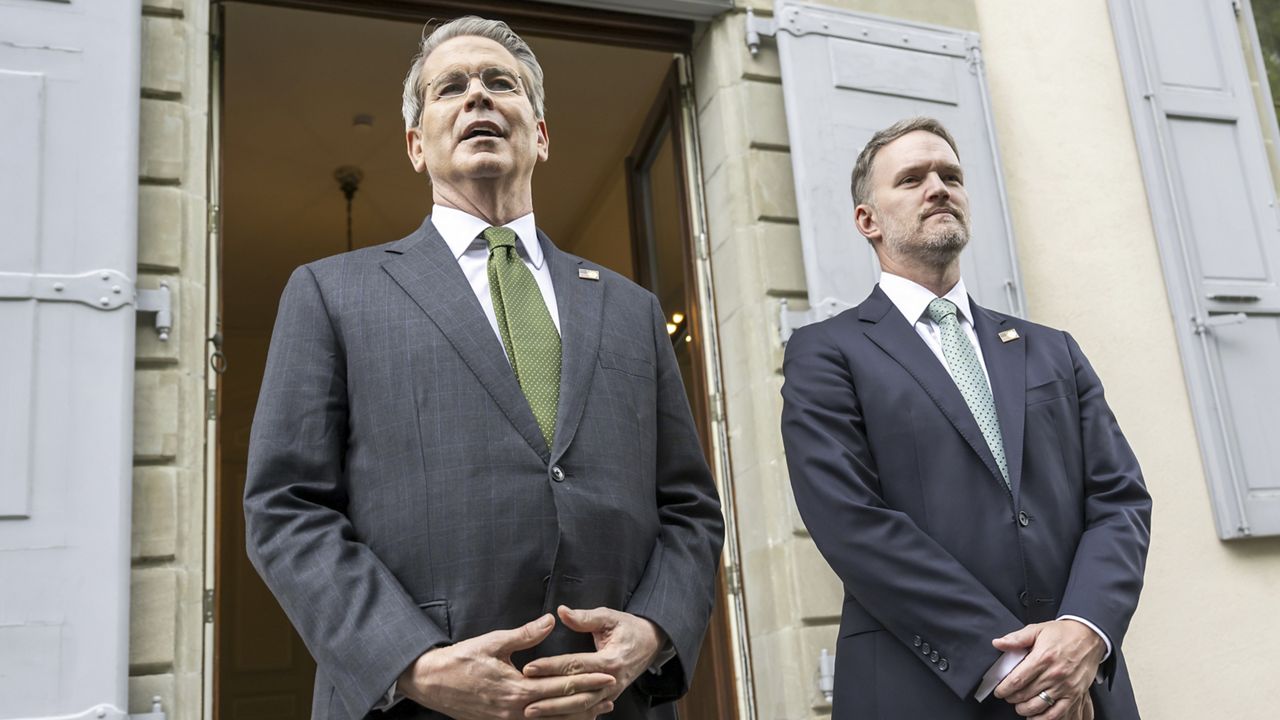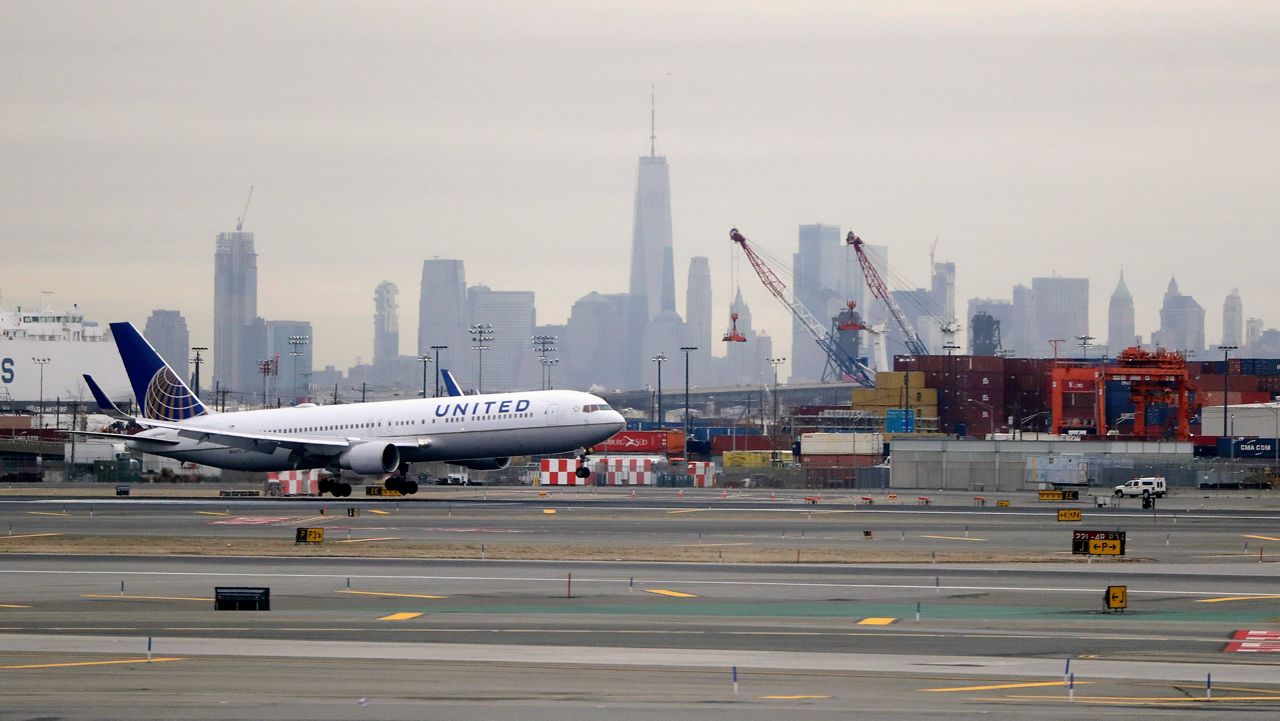The House select committee investigating the Jan. 6 insurrection at the U.S. Capitol said Wednesday it will seek a contempt of Congress charge against Mark Meadows after his lawyer said the former White House chief of staff will not cooperate with the panel.
What You Need To Know
- The House select committee investigating the Jan. 6 insurrection at the U.S. Capitol said Wednesday it will seek contempt of Congress charges against Mark Meadows
- Meadows’ attorney, George Terwilliger III, notified the panel that his client had changed his mind, citing a breakdown in negotiations
- In a letter to Terwilliger, committee Chairman Rep. Bennie Thompson noted that Meadows failed to comply with a Sept. 23 subpoena and said the panel “in good faith” offered him a “a course of action that would cure his previous non-compliance"
- Thompson said committee members have questions about documents Meadows provided that he presumably is not claiming are protected by privilege
In a letter to Meadows’ attorney, George Terwilliger III, committee Chairman Rep. Bennie Thompson noted that Meadows failed to comply with a Sept. 23 subpoena and said the panel “in good faith” offered him a “a course of action that would cure his previous non-compliance. That course required Mr. Meadows to produce documents and appear for a deposition.”
Thompson, D-Miss., wrote that Terwilliger and Meadows have provided certain documents but have withheld several hundred others that they claim are protected by executive, attorney-client or other privilege. But even the documents that were shared have raised questions that committee members would like to ask Meadows, Thompson added.
“The Select Committee is left with no choice but to advance contempt proceedings and recommend that the body in which Mr. Meadows once served refer him for criminal prosecution,” Thompson wrote.
Thompson said the documents of interest that Meadows and his attorney did provide — and presumably are not claiming are protected by privilege — included emails discussing the appointment of alternate slates of electors following last year’s presidential election, a Jan. 5 PowerPoint presentation titled “Election Fraud, Foreign Interference & Options for 6 JAN” and a potential plan to have the National Guard on standby Jan. 6.
That day, a mob loyal to then-President Donald Trump stormed the Capitol as members of Congress met to certify Joe Biden's win in the presidential election. Trump had falsely claimed since the election — and still claims today — that widespread fraud cost him the election.
Just before the riot, Trump told a rally of his supporters near the White House to “fight like hell” and then directed them to march to the Capitol.
Lawmakers had to be rushed to safety, more than 140 law enforcement officers were injured, and four people died during the riot. A fifth person, Capitol Police Officer Brian Sicknick, died the following day after suffering two strokes.
More than 600 people have been charged related to the assault on the Capitol.
In his letter, Thompson also accused Meadows and Terwilliger of broadly claiming privilege and not answering the committee’s questions about exactly which areas they believe are off-limits.
After defying the committee’s subpoena, Meadows agreed last month to cooperate in a limited way. But on Tuesday, Terwilliger notified the panel that his client had changed his mind, citing a breakdown in negotiations.
Terwilliger said in a letter that a deposition would be "untenable" because the committee "has no intention of respecting boundaries" concerning questions that Trump has claimed are covered by executive privilege. Terwilliger also said that he learned over the weekend that the committee had issued a subpoena to a third-party communications provider that he said would include "intensely personal" information.
Terwilliger also cited comments from Thompson that he said unfairly cast aspersions on witnesses who invoke their Fifth Amendment right against self-incrimination. A separate witness, former Justice Department official Jeffrey Clark, has said he will invoke those Fifth Amendment rights.
"As a result of careful and deliberate consideration of these factors, we now must decline the opportunity to appear voluntarily for a deposition," Terwilliger wrote in the letter.
Terwilliger argued in his letter that Meadows’ subpoena is invalid because the investigation has no “legitimate legislative purpose.”
"Congress has no authority to conduct law enforcement investigations or free-standing 'fact finding' missions,” he wrote.
Committee members have previously said their investigation could very well lead to proposed legislation, including strengthening guardrails aimed at preventing individuals from pressuring elections and law enforcement officials and lawmakers into overturning election results.
The panel will first vote on whether to refer Meadows to the Justice Department for criminal prosecution. If the resolution advances, it would then go before the full House. The Justice Department is not required to follow the House’s recommendation.
Meadows will become the third person the House committee has sought to be charged with criminal contempt.
In October, the Democratic-led House voted to hold Steve Bannon, a longtime Trump ally and former White House adviser, in contempt of Congress. Last month, a federal grand jury indicted Bannon. A judge on Tuesday scheduled Bannon’s trial to begin July 18.
Last week, the committee advanced a contempt charge against former Justice Department official Jeffrey Clark.
The Associated Press contributed to this report.
Ryan Chatelain - Digital Media Producer
Ryan Chatelain is a national news digital content producer for Spectrum News and is based in New York City. He has previously covered both news and sports for WFAN Sports Radio, CBS New York, Newsday, amNewYork and The Courier in his home state of Louisiana.








